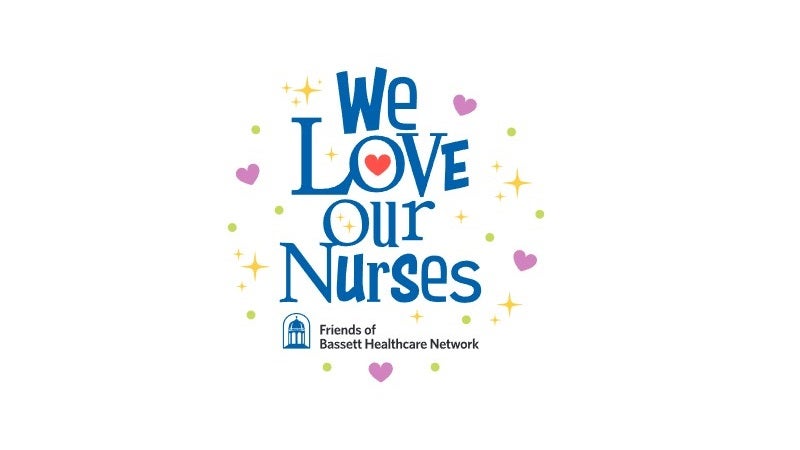Nurses are among the most loved and respected professions in our country, and yet many outside the nursing field would be hard pressed to explain the difference between an LPN, RN, and NP.
As we honor our nursing staff this National Nurses Week, we are decoding some of those letters after a nurse’s name – and help shine a light on all the remarkable ways these types of caregivers contribute to the care continuum.
Licensed Practical Nurse (LPN)
LPNS are a point of constant patient contact for care teams. Many of Bassett’s LPNs serve in our nursing homes and ambulatory clinics across the system where they check vitals, take blood pressure readings, help manage any medical devices a patient or resident uses, and keep health records complete. As the name implies, LPNs also help patients with practical things, like eating, drinking, and bathing.
Registered Nurse (RN)
Registered nurses are probably the most versatile members of our nursing staff, providing care, education, and coordination in a wide variety of care settings. They regularly assess a patient’s health, administer medications and treatments, and provide insights to the rest of the care team. They also explain complex ailments and treatments to patients and families.
Nurse Practitioner (NP)
Over the last 40 years, nurse practitioners have become increasingly important in American healthcare. Their extensive education and training allow them to order tests, diagnose ailments, and prescribe treatments and medication. They work in a variety of care settings – both inpatient and outpatient.
Emergency Room Registered Nurse (ERRN)
These nurses have pursued a particular calling to serve patients in Emergency Departments. With a specialized focus on emergency medicine, ERRNs are especially adept at triaging patients, caring for wounds, setting bones, and administering blood products. They also serve on teams that help patients following trauma, cardiac arrest, stroke, and sexual assault. A subspecialized credential also exists within this space, called a SANE (sexual assault nurse examiner).
Operating Room Registered Nurse (ORRN)
Although it is clear where an ORRN works, it might surprise some people to learn just how much they do. ORRNs set up the OR and test equipment beforehand, they monitor a patient’s status during an operation, and they provide their patients with care and education before and after the operation. ORRNs are at the patient’s side during the entirety of the surgical process and are often the first face a patient sees when they wake up. In other words, ORRNs ensure things go as smoothly as possible during surgery and provide essential comfort and compassion to patients as they navigate the experience.

